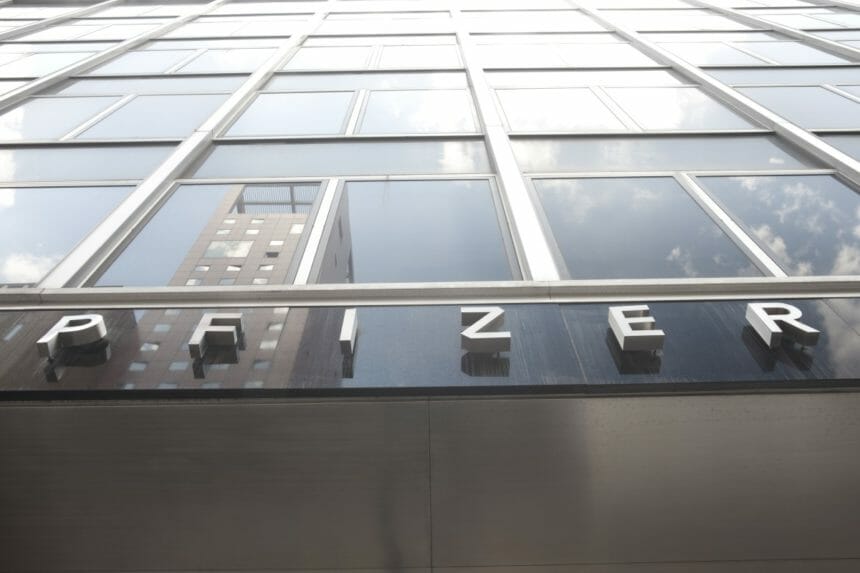Concerned about how other pharmaceutical companies are talking about biosimilars, Pfizer has urged the Food and Drug Administration to provide guidance for biosimilar communications.
Many biosimilars have struggled to succeed on the market. The drugs are new, with the first biosimilar approved in 2015, but some branded biologics manufacturers have been accused of creating anti-competitive exclusive contracts to block their biosimilar competition. Pfizer is also taking this biosimilar challenge with a lawsuit against Johnson & Johnson over alleged anti-competitive lawsuits blocking Pfizer’s biosimilar Inflectra.
Pfizer’s petition said that despite efforts by the FDA to bring more biosimilars to the market, via the BPCIA and other guidances to refine the approval process, the market simply hasn’t embraced biosimilars.
Pfizer said the lack of confidence in biosimilars is due to the branded biologic makers “disseminating false and misleading information that casts doubt about the safety and efficacy of biosimilars in the minds of patients and prescribers,” according to the petition.
The petition used a tweet from Amgen Biosimilars that said patients may react differently to biosimilars even though they are “highly similar” to biologics as an example of the misleading communications about biosimilars. Pfizer also called out communications from Johnson & Johnson and Genentech, including physician and patient brochures and websites.
Biologics or biosimilars? It’s not just apples to apples. While #biosimilars may be highly similar to their #biologic reference products, there’s still a chance that patients may react differently. See what you’re missing without the suffix: https://t.co/k5i6R5YPcI pic.twitter.com/l8EaLmxSkC
— Amgen Biosimilars (@AmgenBiosim) April 13, 2018
These examples, Pfizer said, create confusion about interchangeability, inflate the risks of switching to biosimilars, and cast doubt on the safety and efficacy of biosimilars.
Because biosimilars must be proven to have no clinically meaningful differences from their reference products, Pfizer said this type of communication about biosimilars falls under the FDA’s false and misleading threshold for communications about drugs.
The pharma company requested the FDA clarify to the industry what falls under false and misleading communications about biosimilars, including allowing biosimilar product sponsors to discuss clinical data and providing guidelines for how reference product companies can talk about biosimilars safety and interchangeability.
The FDA first acknowledged the need for biosimilars in 2009 with the Biologics Price Competition and Innovation Act (BPCIA). That law cleared the way for biosimilar approval as part of an effort for price competition and innovation of biologics. Since then, 12 biosimilars have been approved. The Trump administration’s drug pricing blueprint also embraced approving more biosimilars as part of the effort to increase competition and, therefore, lower drug prices.
These communications about biosimilars recall the early days of generics, said University of Illinois biopharmaceutical sciences professor Sarfaraz Niazi in an official comment on the petition.
Niazi, who recently spurred the FDA to withdraw a biosimilar draft guidance, said in the comment that he agrees with Pfizer’s concerns that big pharma is creating confusion around biosimilars by posting wrong information.
He added that pharma companies are hindering biosimilar development by creating higher bars for testing and increasing the cost of development and suggested the tests are “overkill” and should be regulated by the FDA.








